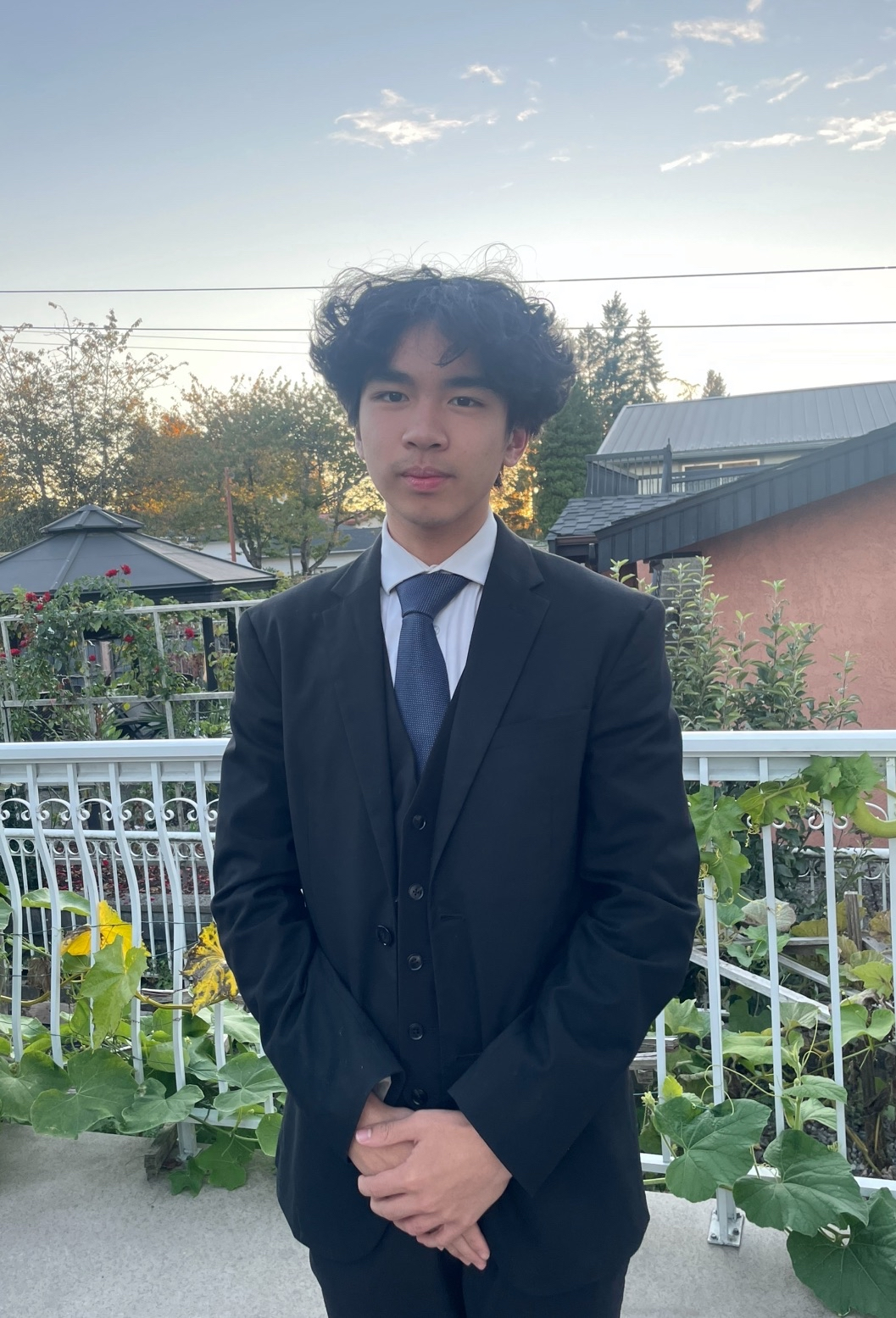The United Nations Permanent Forum on Indigenous Issues was formed on July 28, 2000, comprising sixteen members—eight nominated by national governments and eight nominated by Indigenous Peoples’ organizations—that meet in yearly sessions dedicated to a specific issue. As one of three UN bodies specifically addressing Indigenous Peoples’ issues, UNPFII focuses on addressing Indigenous issues related to economic and social development, culture, environment, education, health, and human rights. By providing expert recommendations concerning Indigenous issues to the UN, raising awareness of and discussing Indigenous issues, and promoting the UN Declaration on the Rights of Indigenous Peoples (UNDRIP), UNPFII advances the rights and representation of Indigenous Peoples at local, regional, and global levels.
This committee is specifically designed for intermediate and experienced delegates. Position papers, although strongly recommended, are not required. However, delegates who wish to be considered for an award must submit their position papers by January 12, 2026, at 23:59 PST. More information about position papers can be found in the Position Paper Guide, on the Delegate Resources Page.
Topic A: Cultural Safety in Healthcare (Click to show summary)
Cultural safety in healthcare refers to the practice of offering appropriate and timely treatment to diverse patients. Notably, Indigenous patients continue to face unequal treatment and barriers to care, preventing their access to proper treatment and their active participation in healing. Historically, Indigenous peoples’ health experiences were shaped by forced assimilation and systemic racism, resulting in increasing mistrust, avoidance, and worsened health outcomes. Reversing these outcomes requires dominant medical models to recognize the benefits of Indigenous healing methods and incorporate diverse perspectives into treatment through structural reform and anti-racist education. A thorough examination of how biomedicine operates, including its assumptions, values, and power structures, must precede structural change to prevent the perpetuation of harm and the deepening of inequities.
Topic B: Sustainable Development in Tourism (Click to show summary)
Tourism and its infrastructure have historically benefited colonial governments, often at the expense of Indigenous populations. As an intervention, sustainable development promotes worldwide travel that encourages the sharing of economic opportunity while minimizing environmental harm, preserving cultural heritage, and incorporating Indigenous voices into projects. Sustainable tourism seeks to balance economic benefits with environmental and cultural preservation efforts; this includes facilitating community-led initiatives, eco-friendly infrastructure, and ethical visitor behaviour. While current efforts exist, new approaches can be developed to recenter initiatives around Indigenous leadership to avoid repeating historical patterns of marginalization. This enhancement of tourism can thus foster cultural exchange and promote economic growth.

Serina Fan | Director
Currently in her Grade 10 year at Crofton House School, Serina is honoured to serve as the Director of UNPFII at VMUN 2026. Ever since she stepped into the committee room three years ago, Serina has come to treasure the countless memories she has made at MUN conferences, whether it was begrudgingly engaging in intense cardio by climbing 30 flights of stairs or losing all sense of direction in the streets of downtown Vancouver. Outside of committee, she can be found frantically catching up on the latest news or snapping candid photos of her expressive friends. She hopes this iteration of VMUN will be an unforgettable and rewarding experience for all delegates, filled with loud table banging, frantic note-passing, and engaging debate.

Yihang Li | Chair
A Grade 12 student at Dover Bay Secondary School, Yihang is honoured to serve as the Chair of UNPFII at VMUN 2026. Ever since stumbling upon her first conference in Grade 7, where she delivered a few barely audible sentences over Zoom, Yihang has cultivated a profound passion for the world of debate and diplomacy. MUN has left her with a plethora of unparalleled and unexpected experiences, from building new connections to climbing an absurd number of stairs. Outside of the committee room, Yihang can be found enjoying long walks at the beach, dabbling in video editing, or trying out trending recipes. She looks forward to meeting all delegates and witnessing a weekend of vibrant discussion!

Joshua Pham | Assistant Director
A Grade 12 student at Burnaby North Secondary School who aspires to retire, Joshua Pham is pleased to serve as the Assistant Director of UNPFII at VMUN 2026. Almost 4 years in the making, Joshua’s Model United Nations career has allowed him to freely express his love for social studies and put his networking skills to the test. He found himself beyond engaging in well-mannered debates, but rather forming core memories and strong friendships with those who were once strangers. It became evident that Model UN became one of Joshua’s core pillars in high school. When not in formal attire in the committee room, Joshua usually gets himself lost on Internet rabbit-holes, repeating the same dragged-on joke to his friends, and struggling to become employed. Nonetheless, Joshua encourages everyone to step out of their comfort zone for an unforgettable experience at VMUN 2026.
You can contact the Director at unpfii@vmun.com. Any questions regarding the committee or its debate procedures will be answered by email. Position papers must also be submitted to this address.
